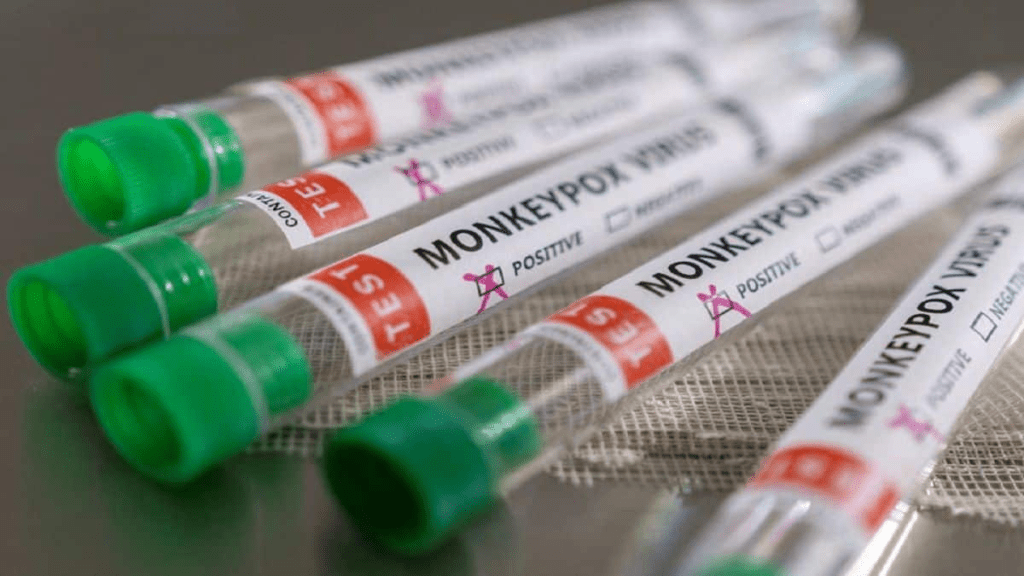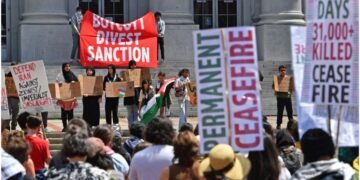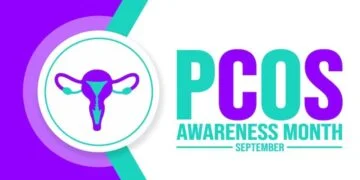On Thursday, the World Health Organization’s emergency committee will meet to decide if the monkeypox outbreak warrants declaring a worldwide emergency.
The WHO stated that it does not expect its emergency committee to make any decisions until Friday.
Many scientists doubt that such a proclamation would assist to stop the epidemic, given that the affluent countries recording the most recent cases are already working hard to put an end to it.
The sickness found in Europe and abroad usually has a fatality rate of less than 1%, and no deaths outside of Africa have been reported.
“If WHO was truly concerned about the spread of monkeypox, they could have constituted their emergency committee years ago when it resurfaced in Nigeria in 2017 and no one knew why we suddenly had hundreds of cases,” said Oyewale Tomori, a Nigerian virologist who serves on numerous WHO advisory panels.
“It’s odd that WHO only called their experts when the sickness appeared in white countries,” he says.
Until last month, monkeypox had not caused significant outbreaks outside of Africa. Scientists have detected no modifications in the virus that indicate it is more transmissible, and a top WHO consultant indicated last month that the spike of infections in Europe was likely linked to sexual activity among gay and bisexual males at two raves in Spain and Belgium.

To date, the Centers for Disease Control and Prevention in the United States has confirmed more than 3,300 cases of monkeypox in 42 nations where the virus is uncommon.
More than 80% of occurrences occur in Europe. Meanwhile, Africa has already seen almost 1,400 instances this year, with 62 deaths.
According to David Fidler, a senior fellow in global health at the Council on Foreign Relations, the WHO’s renewed focus on monkeypox as it spreads beyond Africa may unwittingly exacerbate the rift between rich and poor countries shown during COVID-19.
“There may be genuine reasons why WHO only raised the alarm when monkeypox spread to rich nations, but that appears to be a double standard to impoverished countries,” Fidler added.
He stated that the global community was still battling to ensure that the world’s poor were vaccinated against the coronavirus, and that it was uncertain if Africans needed monkeypox vaccines at all, given competing priorities such as malaria and HIV.
“Unless African governments specifically request vaccines, it may seem a bit patronising to supply them because it is in the West’s interest to prevent the spread of monkeypox,” Fidler said.
The WHO has also advocated establishing a vaccine-sharing framework to assist affected countries, which might result in doses being sent to wealthier countries such as Britain, which has the largest monkeypox outbreak outside of Africa — and has lately expanded its use of vaccines.
To yet, the vast majority of cases in Europe have been in homosexual or bisexual males, or other men who have sex with men, but scientists warn that anyone in intimate touch with an infected individual or their clothing or bedsheets, regardless of sexual orientation, is at danger of infection.
Monkeypox symptoms include fever, bodily aches, and a rash; most people recover within weeks without medical treatment.
Even if the WHO declares monkeypox a worldwide emergency, it is unclear what effect this will have.
COVID-19 was declared an international emergency by the WHO in January 2020. However, few countries took note until March, when the WHO declared it a pandemic, weeks after many other authorities did. The WHO was eventually chastised for its numerous errors throughout the pandemic, which some experts believe may have prompted a faster monkeypox response.
“WHO does not want to be the last to designate monkeypox an emergency after COVID,” said Amanda Glassman, executive vice president of the Centre for Global Development. “While this may not be a COVID-like catastrophe, it is nevertheless a public health emergency that must be addressed.”
Salim Abdool Karim, an epidemiologist and vice chancellor at South Africa’s University of KwaZulu-Natal, believes the WHO and others should do more to combat monkeypox in Africa and abroad, but he is sceptical that a worldwide emergency declaration will help.
“There’s this misguided notion that Africa is this poor, helpless continent when, in fact, we know how to deal with epidemics,” Abdool Karim explained.
He stated that ultimately, preventing the outbreak is dependent on things like surveillance, isolating patients, and public education.
“Maybe they need vaccines in Europe to stop monkeypox,” he continued, “but here, we’ve been able to control it with very easy means.”










































